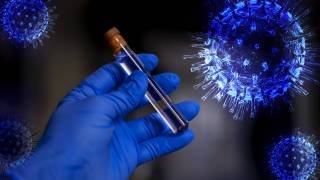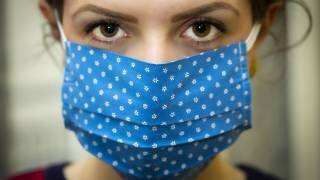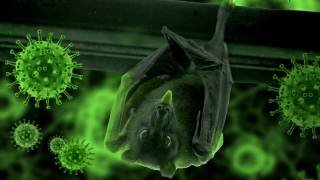New Study to Eliminate Mechanical Ventilation of COVID-19 Patients

A Seattle-based physician-scientist and inventor announced a new combination treatment with the potential to improve pulmonary function and reduce or eliminate mechanical ventilation in patients with a coronavirus infection.
Dr. Steven Quay, MD, said in a press release that this new clinical trial protocol (COVID-19 HOPE Trial) is available for use by the medical community.
At the request of the Division of Microbiology and Infectious Diseases, National Institute of Allergy and Infectious Diseases, and the National Institutes of Health, the protocol has been provided to the Infectious Disease Clinical Research Consortium in the USA.
Announced on March 30, 2020, this treatment uses drugs previously approved by the Food and Drug Administration (FDA) for other conditions: nebulized (inhaled as a fine mist) heparin combined with N-acetylcysteine (NAC), termed “H-NAC."
“Given the rapid growth in the number of new COVID-19 cases worldwide, and especially in the U.S., I made the decision to make the HOPE Trial documents immediately available,” said Dr. Quay.
“From my experience, Nebulized H-NAC could become a valuable new tool for frontline COVID-19 treatment, as it should reduce or eliminate the need for a mechanical ventilator.”
The basis for Dr. Quay’s recommendation for this new potential treatment is 4-fold:
- The SARS-CoV-2 virus has a Spike Protein on its surface that potentially interacts with three molecules on the surface of lung cells: heparin sulfate, furin, an enzyme for protein processing, and angiotensin-converting enzyme 2 (ACE), a cell surface receptor. These interactions are needed for the virus to infect cells. Like a vaccine which teaches the immune system to make antibodies to block these same interactions and prevent infection, Dr. Quay expects H-NAC to also interfere with these interactions, based on an understanding of the genetics of the virus and the biophysics and biochemistry of the Spike Protein, and the surface of cells in the lungs, heart, and other organs which are attacked by this virus.
- Laboratory experiments with the current coronavirus, SARS-CoV-2, and previous human coronaviruses show that both drugs separately can interfere with infection in vitro.
- Twelve clinical trials in over 780 patients have been conducted with either nebulized heparin alone or in combination with NAC for the treatment of pulmonary damage in burn patients and in patients with Adult Respiratory Distress Syndrome. These trials showed efficacy, as measured by improved lung function and reduced need for mechanical ventilation, and demonstrated safety, with only clinically minor adverse events seen.
- Both drugs are currently FDA-approved for use by injection, are widely available, and are reasonably priced. NAC is also FDA-approved in an inhalation formulation for a wide range of pulmonary conditions, although not for COVID-19 patients.
The COVID-19 HOPE Clinical Trial protocol can be quickly adapted for clinical trials by institutions worldwide and contains most information that would be necessary to secure both Institutional Review Board (Institutional Ethics Committee) and governmental agency approvals to quickly begin conducting clinical studies.
The COVID-19 HOPE Clinical Trial protocol is available at COVID-19 HOPE Trial.
Heparin was discovered in 1918 and is an FDA-approved injectable product and used as an anticoagulant (blood thinner).
And, N-acetylcysteine (NAC) is a medication that is used to treat acetaminophen overdose, and to loosen thick mucus in individuals with cystic fibrosis or chronic obstructive pulmonary disease.
COVID-19 disease clinical trial news published by Coronavirus Today.








.jpg)

.jpg)




.jpg)






.jpg)

